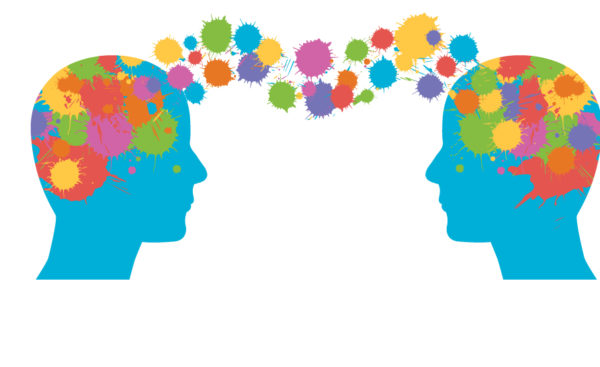

“In order to be a mentor, and an effective one, one must care. You must care. You don’t have to know how many square miles are in Idaho, you don’t need to know what is the chemical makeup of chemistry, or of blood or water. Know what you know and care about the person, care about what you know and care about the person you’re sharing with.” — Maya Angelou
We believe that the mentor/mentee relationship is mutually enriching. A successful mentor supports the growth and the goals of the mentee – sharing knowledge, experience, resources, and providing guidance, without necessarily prescribing a set course of action. A successful mentee communicates proactively and effectively, shares goals and concerns, and gives feedback to their mentor.
We aspire to a mentorship culture that is based on shared commitment to cultural competency and sensitivity, bottom up mentorship, a culture of care, respect, and reciprocity, awareness of power and privilege, emotional intelligence, personal and professional accountability, deep listening and understanding, an awareness of implicit bias and a commitment to interrupting personal and group biases, and mutual learning.
The 2024 Mentorship Program paired six mentees with mentors (August – December, 2024). Please note that the Mentorship Program is open to all members at any stage in their career.
The AMIA Mentorship Program is made possible with funds provided by the National Film Preservation Board.
In 2022, AMIA launched a Mentorship Pilot program (Pilot), matching six professionals with six mentors. It offered mentorship advisors for both mentors and mentees, as well as training to align with AMIA’s mentorship aspirations and commitment to inclusion and equity. Training included cultural competency and sensitivity, awareness of implicit bias, creating a culture of respect and reciprocity, and mutual learning. The Pilot worked in parallel with the Pathways Fellowship, sharing resources.
In 2024, all mentorship in AMIA was realigned into a single Mentroship Program that serves both the broader membership as well as the Fellowship. Merging the two programs allowed shared (rather than duplicative) resources and the single focus allows more coordination between advisors, mentors, and the Mentorship.
Building from the Pilot and lessons learned in the Fellowship mentorship component, more resources were developed for what we feel is what sets the AMIA program apart from others – the role of the Mentorship Advisor (MA). Advisors play a critical role, not only in working to match mentorship pairs, but maybe more importantly by providing an ongoing resource for both mentors and mentees throughout their mentorship relationship. This can be especially important scaffolding for those mentoring for the first time, providing a framework and resources as they navigate their first mentor/mentee relationship.
That three of the advisors and one of the co-coordinators are former mentees speaks to the success of the program and is an indication that mentorship can continue to build on itself, bringing new colleagues in to new roles, offering mentorship at all levels. Mentorship in the field is critical in recruiting, supporting, and sustaining not only colleagues from underrepresented communities, but in the continued advocacy for moving image preservation as it continues to change, incorporate new technologies, and meet new challenges.
As the program grows, new resources will be developed and added to support deeper and more impactful professional relationships in our community.